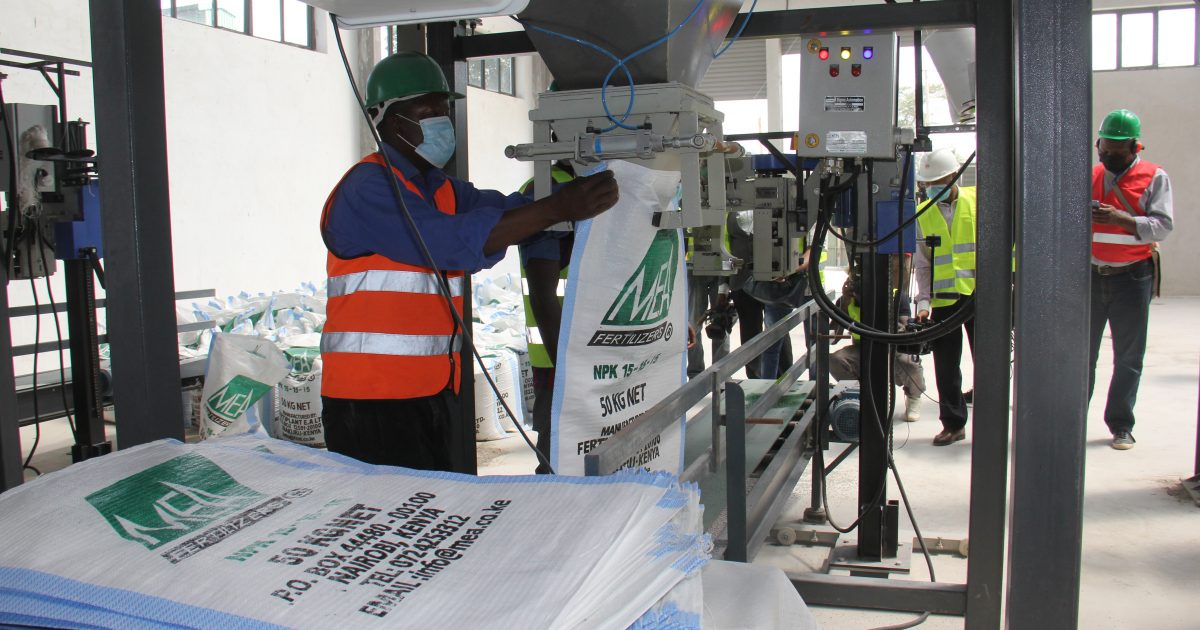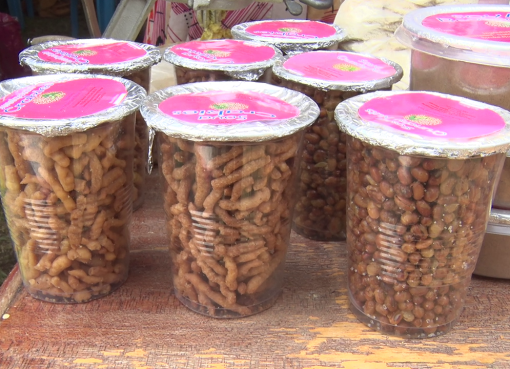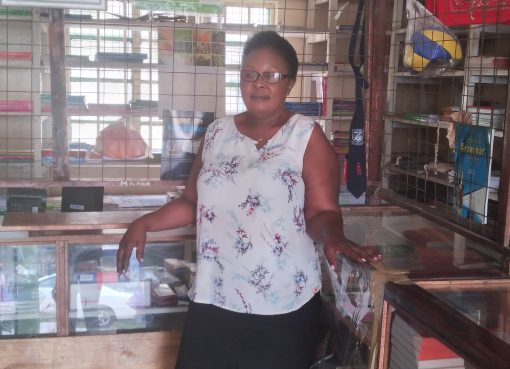A multibillion-shilling fertiliser plant that will meet the specific soils and crop conditions across the East African region has started operations in Nakuru.
The Sh3 billion project, the first of its kind in Kenya, which is being spearheaded by Fertiplant East Africa Limited (FEA) is expected to bring down the cost of fertiliser production in Kenya.
Executive Director of FEA, Titus Gitau, said the modern NPK Compound Granulation facility will guarantee quality and consistency for the 100,000 tonnes that will initially be produced per year, targeting over two million farmers.
“The plant produces fertilizer for various soil types and crop specific requirements informed by results from soil tests conducted.
This comes in the wake of increased acidity in soils that has significantly reduced fertility, hence reduced yields for farmers,” observed the Executive Director.
Construction of the plant which is a subsidiary of MEA Limited started in 2015 and was funded by Oikocredit and NCBA Bank.
FEA has employed over 100 people, including chemists, botanists, soil scientists, engineers, Information Technicians and plant staff.
Mr Gitau who is also an agronomist noted that continuous use of non-organic fertiliser is to blame for the deteriorating state of soil in the country as most of the imported types had the wrong type of the supplements.
Continuous use of Diammonium Phosphate (DAP) has been blamed for damaging soil but farmers have shown less interest in other types of the supplement, arguing it gives better yields.
While observing that most of the imported fertilisers were designed for soils in Europe and North America, the agronomist added that the facility will employ the latest in steam granulation technology, with operations anchored in soil testing.
He further noted prices of imported fertiliser where prohibitive as high transport costs from bulky importers have led to an increase in prices.
FEA is producing specialty fertilisers for tea, coffee, potatoes, sugar cane and maize tailored for different regions and soils in Kenya, Uganda, Rwanda and Burundi markets.
“We have started manufacturing fertiliser types that match given soil pH to fix missing nutrients in the soil and neutralise acidity. This is done after analysis of various soil samples from different regions suited for specific crops.
For the past 20 years Kenyan farmers have been using fertilisers without changing formulations and with no regard for soil type and status. Consequently, most of our soils particularly in the maize growing belt cannot support the growth of plants sustainably and give desired yields,” observed the FEA Executive Director.
Mr Gitau said to achieve food nutrition and security, Kenyans have to remove guesswork from farming by encouraging soil testing, the production and application of fertiliser guided by the test results.
“We will use raw material sourced globally, including local lime and gypsum which form 30 per cent of our raw material needs. Our mission is to close the gap between actual and attainable yields by employing science and technology in producing tailor made fertilizers largely informed by soil testing results,” he offered.
Studies show correct and efficient usage of fertiliser and other farm inputs increase yields by between 50 and 120 per cent.
Under good management, farms have a production capacity of up to 40 bags per acre of maize, a potential that many Kenyan farmers are currently undershooting by big margin.
Fertiplant said it will educate farmers on new farming practices, including soil testing and soil and plant nutrition.
Mr Gitau said that some of the elements that never missed in soils such as potassium are now a big issue.
“Micro-nutrients that were not missing in the soils in previous years now are inadequate and this is one of the reasons there has been a decline in productivity,” he said.
The agronomist revealed that a research conducted in 1960 indicated that potassium was adequate.
But in 1987, it was found that this element was missing, especially in the maize-growing belt where there has been a continuous use of DAP.
He noted a continuous use of DAP only added phosphorous in the soil while ignoring other elements such as potassium.
Mr Gitau said fake fertilizer presents a huge setback to the industry, adding that to beat cartels that repackage the commodity in bags of leading brands FEA has invested in a modern packaging and branding facility that packs fertilizer in bags that have sophisticated seals and security features.
By Jane Ngugi and Catherine Karanja





